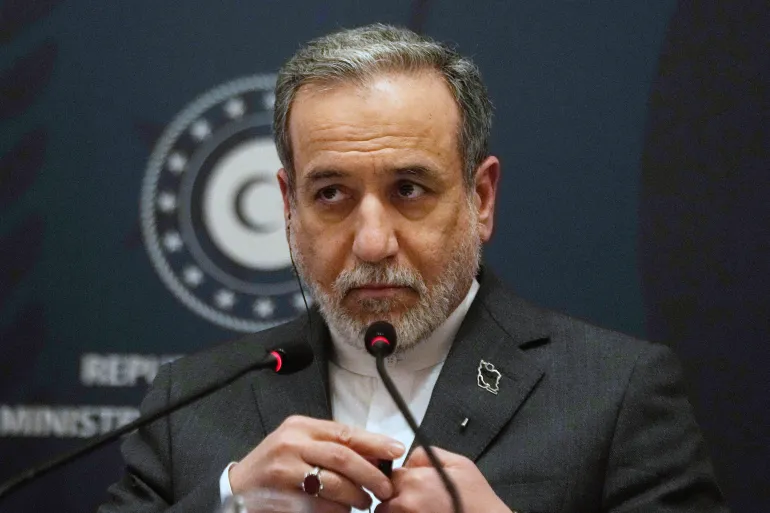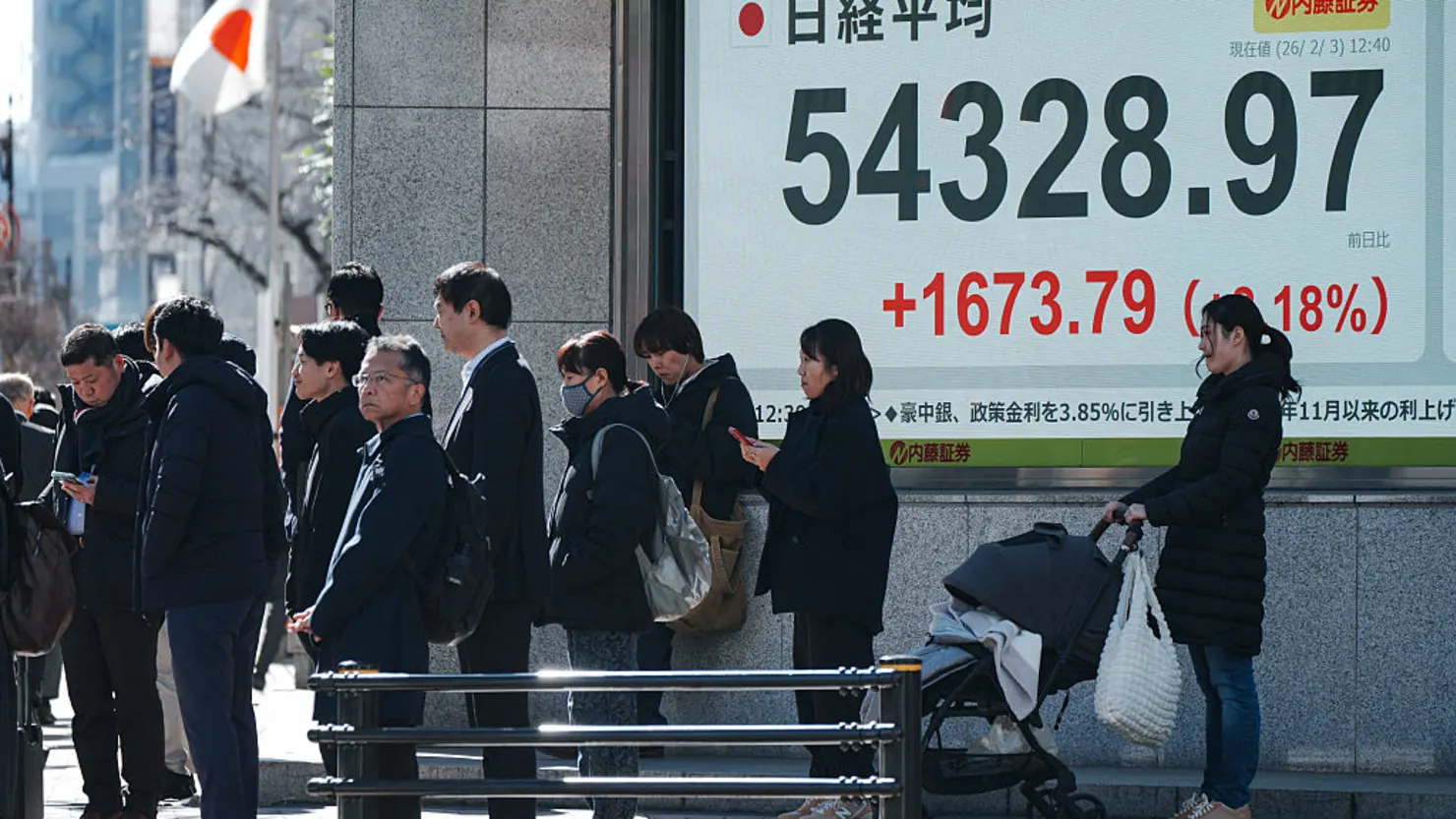Governor Mark Gordon is optimistic about the potential for economic growth in Wyoming despite ongoing global trade tensions sparked by President Donald Trump’s renewed tariff policies, Wyo File reports.
Speaking to reporters following a recent trade mission to Japan and Taiwan, Gordon said the shifting global trade landscape could open new opportunities for Wyoming, particularly in energy exports and domestic manufacturing.
“The Trump tariffs have kind of shuffled the deck, in a way, and I think it’s a great opportunity for Wyoming to be able to pick up the game,” Gordon said, pointing to positive discussions with Taiwanese officials about increasing imports of US energy.
Gordon echoed support from Wyoming’s congressional delegation, framing Trump’s tariffs as a strategic move to rebalance trade relationships and revitalize American manufacturing. He also suggested that the new trade dynamics could help realize long-held goals such as attracting glass manufacturing to Wyoming, which would benefit from the state’s abundant soda ash reserves.
However, some economists are voicing concern about the potential downside of such policies. Rob Godby, an associate professor of economics at the University of Wyoming and a member of the state’s Consensus Revenue Estimating Group (CREG), described the tariffs as economically damaging — both for Wyoming and the broader US economy.
“There’s just no good way to spin the Trump administration’s economic policies in the short term,” Godby told WyoFile. “They’ve been disastrous, and they’re going to be disastrous.”
Godby said one of Wyoming’s most exposed industries is its trona mining and soda ash production, which collectively account for over $1.3 billion of the state’s annual exports. China, a major target of Trump’s tariffs, is a key customer for Wyoming’s soda ash. If retaliatory tariffs were to curtail that trade, the impact could be significant, he warned — not just in lost revenue but in jeopardizing major expansion projects like WE Soda’s Project West and Pacific Soda’s Dry Creek Trona Mine Project, which together could bring thousands of jobs to southwest Wyoming.
While not a leading contributor to Wyoming’s state revenues compared to oil, gas, or coal, soda ash remains a crucial economic driver in parts of the state. Godby warned that growing global competition, particularly from synthetic soda ash producers, could erode Wyoming’s market share if tariffs make US products less competitive.
In contrast, Gordon sees the changing global trade environment as a chance for Wyoming to attract new investments. During his trade mission, he discussed possible energy and manufacturing partnerships with companies in Japan and Taiwan. One such discussion involved glass manufacturer Corning, with Gordon raising the prospect of a facility in Wyoming — a long-held aspiration for the state.
Beyond China, Godby pointed to Canada — Wyoming’s top trading partner — as another area of concern. Canada accounts for 20% of Wyoming’s exports and 55% of its imports, meaning any escalation in trade tensions could disrupt vital supply chains in agriculture, machinery, and natural resource industries.
“If [Trump] gets tough with Canada, they’ll get tough back,” Godby said.
He noted the recent election of Canadian Prime Minister Mark Carney, who has indicated he will challenge Trump’s policies.
Though some short-term risks are becoming apparent — such as declining oil prices, which have dropped about 20% since January and could reduce state revenues — Gordon maintains that longer-term shifts in global trade might ultimately benefit the state.
“There’s a real opportunity here if we remain proactive,” Gordon said, noting that Taiwan and Japan expressed interest in importing more Wyoming coal, gas, uranium, and soda ash.
He also cited discussions around expanding US and Asian port infrastructure to accommodate increased trade.
Godby remained skeptical, stressing that such outcomes depend heavily on investor confidence and consistent trade policy.
“Hope is not a strategy,” he said. “Even if tariffs are rolled back, the uncertainty they’ve created has already done damage to international relationships and investment planning.”










The latest news in your social feeds
Subscribe to our social media platforms to stay tuned